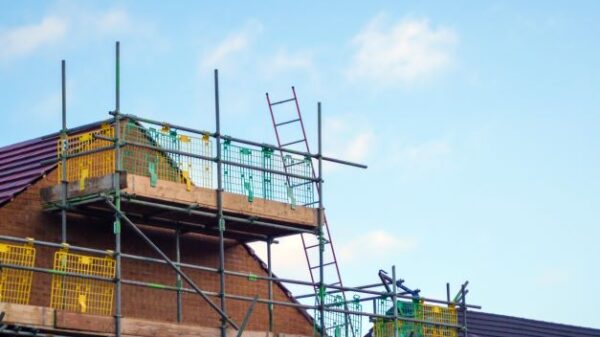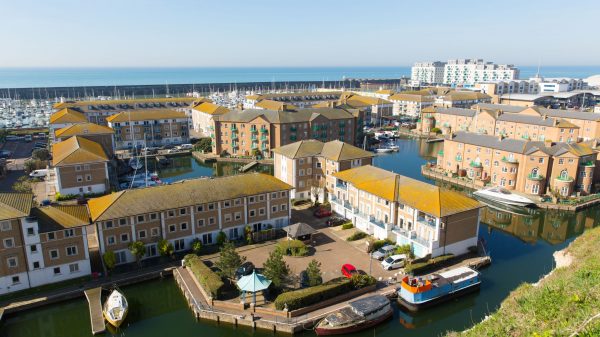Most business owners protect their companies by creating emergency funds, acquiring insurance policies, and making investments. However, business owners should also understand the threat that natural calamities pose to their companies. Forces of nature such as hurricanes, earthquakes, landslides, and tornadoes can have a disastrous impact on a company, no matter how big or small. Unfortunately, only a percentage of businesses can overcome the damages of a natural disaster, and the other companies fail to reopen.
These unfortunate events are why business owners should prioritise a working and comprehensive business continuity plan in case they face a disaster in the future. It may seem like extra work at first, but a disaster plan can impact your business positively. Aside from the money you’ll save, a disaster plan can also keep your employees safe.
Below are some helpful tips you can do to prepare your company for natural disasters.
Think in advance and follow the trends
The architecture and construction industries are now adapting to the needs of business owners. Since the world keeps evolving, it is wise to catch up with the latest trends in building disaster-proof buildings. If you plan to construct your building, you should incorporate your continuity plan from the first day of construction. Let your contractors know that you are aiming for a disaster-proof company. They can help you identify what you need to prioritise based on the natural hazards that will most likely hit you. For example, if you are located in an area prone to typhoons and landslides, you might want to consider concrete retaining wall construction or a metal roof to increase your defence.
Ask your contractors to update and modernise your electric system if you plan to rent a space. Look for a building with good fire alarm systems and earthquake resilience.
Educate your staff about your disaster recovery plan
A good plan will be a waste if you’re the only one who understands it. Ensure everyone in the company knows how to execute their roles. The management team, executives, utility management, employees, and human resources should know your company’s step-by-step plan to simplify the implementation. Educating your staff will also give them an overview of what to expect during times like such. So, make your plan accessible to everyone.
In addition, you also need to put your plan into practice. Once in a while, conduct drills in case of disasters like fire, earthquake, and tornado, You can also practice a hybrid setup for when your staff need to work from home or remote areas for a few days.
Update your plan
After doing practices and drills, sit down with your team and discuss the feasibility of your plan. Assess which parts of your it worked and how you can further strengthen specific points. Take note of the flaws and weak areas of your plan so you can find alternatives. Your team’s feedback is essential since they play a crucial role in making your plan work.
Final thoughts
Natural disasters are inevitable, but you can think ahead and follow these simple steps to lessen their impact on your business.























































